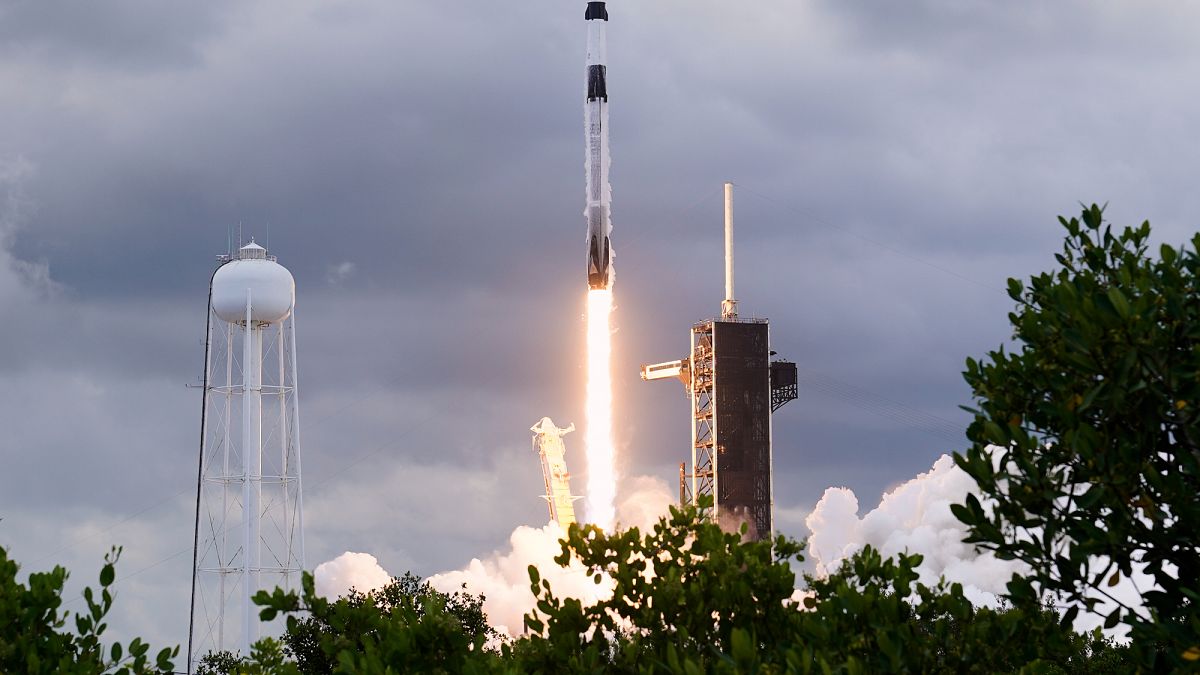

In a remarkable display of international cooperation and technological prowess, SpaceX successfully launched and delivered a crew of four astronauts to the International Space Station (ISS) just 15 hours after liftoff. The diverse crew, comprised of two NASA astronauts, a Russian cosmonaut, and a Japanese astronaut, underscores the spirit of collaboration that defines modern space exploration. Such missions are creating promising avenues for scientific research and development beyond Earth’s boundaries, serving as a testament to the shared goals of different nations.
The journey to the ISS, a marvel of human engineering orbiting our planet, represents not only a significant achievement in logistics and technology but also a metaphor for the unity achieved through shared scientific endeavors. This mission was a clear reminder of what can be accomplished when nations and organizations work harmoniously towards common goals. The astronauts are scheduled to spend several months aboard the ISS, conducting a wide range of scientific experiments that could yield benefits for life on Earth and pave the way for future space missions. This harmonious collaboration in space is a beacon of hope, showcasing that in a world filled with diverse cultures and aspirations, working hand in hand can propel humanity to new heights.
While the realm of space exploration continues to shine brightly, advancements on Earth are equally noteworthy, particularly within the field of artificial intelligence (AI). Recent developments have highlighted the capabilities and questions surrounding AI technology. Hyper-realistic AI-generated news anchors, for example, have recently emerged, demonstrating an impressive ability to mimic human newscasters convincingly. Despite their lifelike enthusiasm and precise diction, these digital personas raise significant concerns about the dissemination of misinformation.
The potential for AI-generated content to spread false information presents a complex challenge. As these digital anchors become more indistinguishable from their human counterparts, it becomes increasingly important to cultivate media literacy and ethical standards in technology development. This inviting blend of creativity and caution holds the key to harnessing AI’s full potential while mitigating risks associated with its misuse. The conversation about AI’s role in media continues to evolve, encouraging stakeholders to establish guidelines and safeguards that ensure the technology’s positive impact on society.
Amidst this backdrop of burgeoning AI capabilities, a significant milestone has been reached with the implementation of the European Union Commission’s AI Code. A total of 26 tech companies have committed to adhering to this Code, reflecting a global recognition of the importance of ethical AI development and deployment. While signing up to the Code represents a proactive step forward, these companies must also comply with the obligations of the AI Act, effective from August 2nd. This legislative framework is designed to govern AI’s application in a manner that prioritizes transparency, security, and societal well-being.
The AI Code and AI Act are timely developments, given the rapid advancements in technology and the crucial role AI plays across various sectors. By fostering accountability and responsibility, these regulatory measures aim to create an environment where innovation thrives without compromising ethical considerations. They serve as a reminder that, much like space exploration, the field of AI offers immense potential for growth and improvement when approached with careful thought and collective effort.
This ongoing narrative of AI development and space exploration represents the broader journey of human progress. As we navigate the vast possibilities brought forth by both terrestrial and extraterrestrial advancements, the central theme remains one of collaboration, innovation, and the pursuit of knowledge. Whether it be through launching astronauts beyond our atmosphere or integrating AI into everyday life cautiously, each step forward is a reflection of humanity’s unyielding curiosity and determination to shape a future that benefits all. Such stories remind us of our shared human experience and the potential within collective endeavors to inspire and improve life on our home planet and beyond.
Source: {link}
